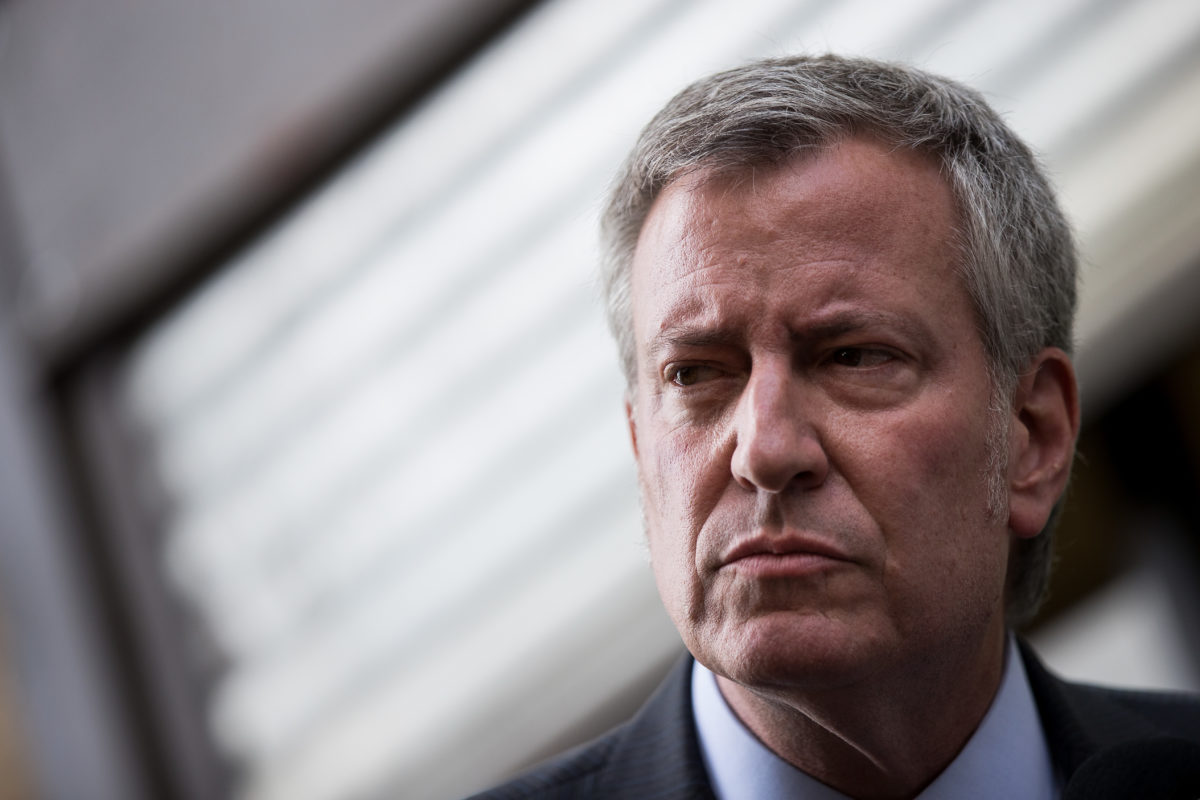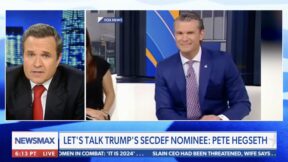Trump, Andrew Cuomo Win Higher Approval than Bill de Blasio in New York State

Drew Angerer/Getty Images
New York voters view the Big Apple’s mayor less favorably than they view former President Donald Trump and ousted Gov. Andrew Cuomo (D), according to a Siena College poll released Tuesday.
“Former President Donald Trump has long been the pol with the lowest favorability rating among New York voters,” researchers said in a summary of the study, noting New York City Mayor Bill de Blasio topped the state’s list of most unpopular figures. “No more. Trump has a 37-59 percent favorability rating, net 22 points negative. Cuomo is 33-60 percent, net 27 points negative. And de Blasio is 25-56 percent, net 31 points negative.”
De Blasio, who shared a mutually contemptuous relationship with his state’s ousted governor, has faced controversy and turmoil in recent days. A city investigation this month found de Blasio deployed New York police personnel to help his family with personal tasks — such as moving furniture for his daughter — leading Department of Investigation Commissioner Margaret Garnett to assert that police under de Blasio had become “essentially a concierge service.”
He’s also sparred with residents on a variety of issues, such as his Covid-19 mandate requiring residents to be vaccinated in order to go to a gym or restaurant. Black Lives Matter Greater NY Chivona Newsome took aim at de Blasio in a statement over that issue last month, saying the mandate created “a free pass to racism.”
The new survey found public opinion could pose a hindrance to de Blasio’s political ambitions ahead of the state’s gubernatorial election next year. Researchers found Gov. Kathy Hochul (D) led a theoretical five-way race among Democrats in next June’s primary election, winning 31 percent of respondents. Cuomo came in second, with 17 percent, followed by Attorney General Letitia James (14 percent) and New York City Public Advocate Jumaane Williams (7 percent). De Blasio finished last, with 6 percent of respondents saying they would vote for him.
The study included 801 registered voters in New York state contacted between Oct. 10-14. The margin of error was 5.4 percentage points.






